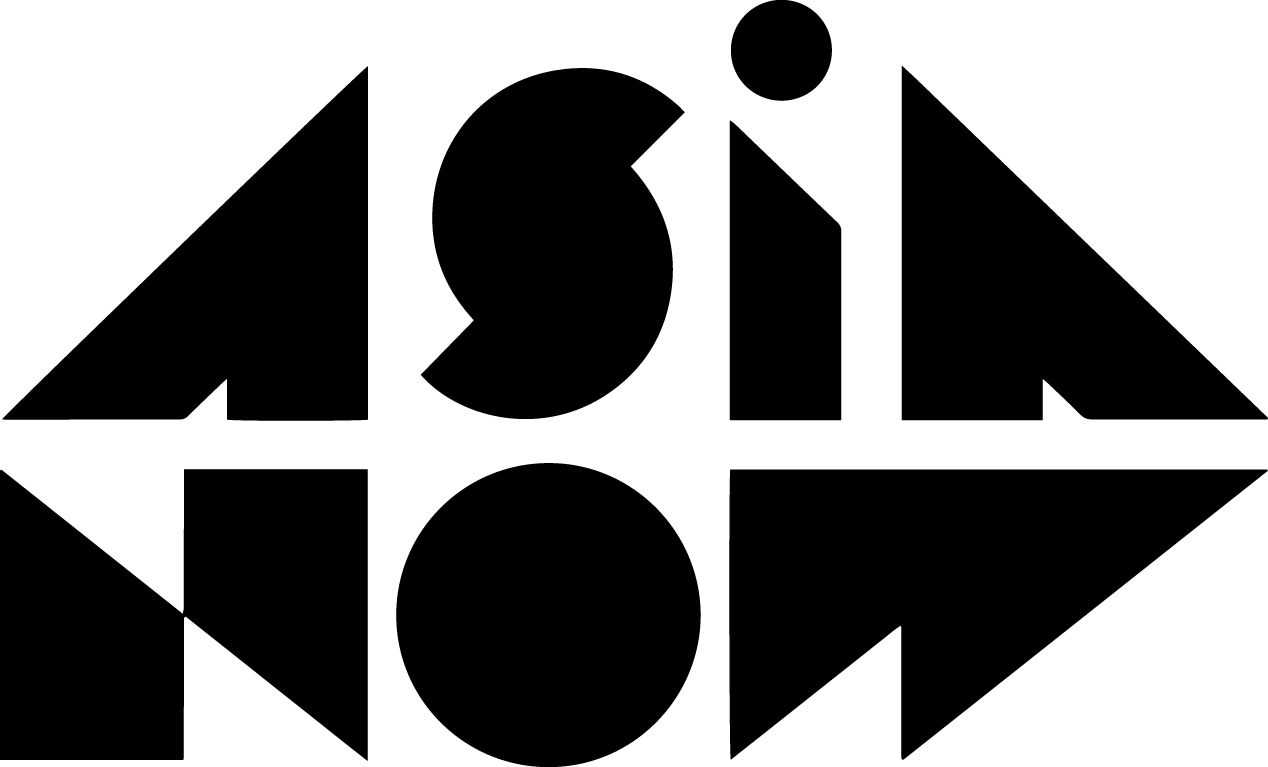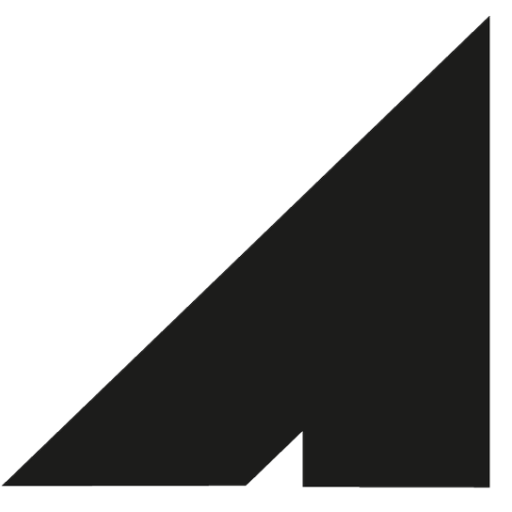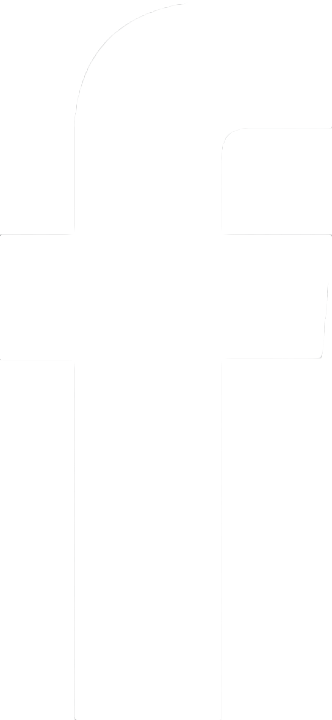Grow
Under the evocative title “Grow”, this year’s Curatorial theme invites audiences to witness how perceptions take root and transform our understanding of the world.
This year’s theme encourages us to move beyond the boundaries that have long defined East and West, and to consider how geography, culture, and history nurture the ways we see ourselves and others. The fair resonates with Leela Gandhi’s research on “affective communities,” revealing the subtle collaborations and shared stories that allow new forms of connection and understanding to emerge.
Alongside the gallery presentations, Asia NOW has built a strong public program shaped by invited curators and international institutions. Encompassing performances, talks, and special projects, the program brings together diverse voices and practices that reflect the richness and dynamism of the regions represented.
This year, Asia NOW places West Asia and South Asia at the heart of its programming, highlighting artists, galleries, and curators from across these regions.
Focus on West Asia
As the art world’s compass continues to tilt, “Asia” is no longer a one-size-fits-all concept stretching neatly from Tokyo to Tehran. This year, Asia NOW invites us to rethink our directional assumptions with the theme My East is Your West—a playful and poignant nod to the cultural relativity of geography. West Asia—more commonly referred to as the Middle East—has stepped into a new discursive and curatorial spotlight. From Beirut to Riyadh, Dubai to Ramallah, the region’s cultural ecosystems are asserting engagement on their own terms. What was once considered a “periphery” is actively reconfiguring the map, reminding us that cultural gravity rarely respects cartographic conventions.
In this spirit, Asia NOW 2025 extends an open invitation to engage with adjacent geographies—bringing West Asia into sharper focus as an integral and generative part of the conversation. This curatorial gesture resists rigid regionalism, instead treating Asia as a mutable paradigm: philosophical rather than purely geographic, plural rather than monolithic. In this post-Western moments, where contemporary art’s traditional centers are increasingly decentered—the fair turns its attention toward more agile, hybrid, and often grassroots-led initiatives across the Middle East. Rather than echoing the familiar narrative of mega-infrastructure and state-driven spectacle, the spotlight here is on the porous, the emergent, and the in-between.


Under the Aegis of the Moon is a commissioned project by Chinese artist Han Mengyun and curated by Arnaud Morand, proposed by the French Agency for AlUla Development (AFALULA)—a performative installation that weaves together poetry and video to evoke the quiet majesty of the moon.
Structured around a sequence of poems that unfold in tandem with the lunar rise, the work pays homage to the night as a space of reflection, intuition, and revelation. It foregrounds the sincerity of poetic expression as something that demands presence, vulnerability, and aliveness. This poetic proposition is deeply rooted in the artist’s experience during a research residency in AlUla, where landscape, silence, and time coalesced as sources of creative clarity.
© Han Mengyun 2025
AFALULA (Saudi Arabia)
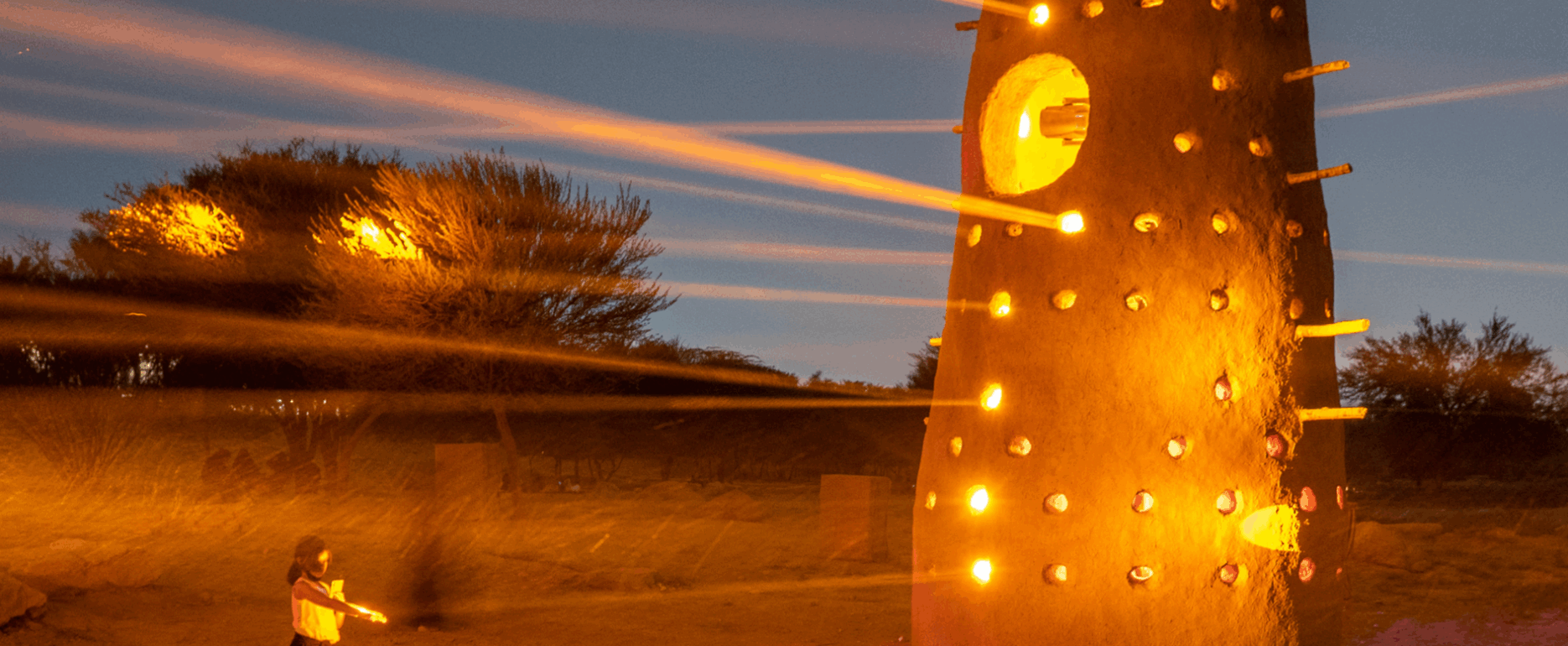

Zawaya Wa Afkar (an initiative by the Visual Arts Commission of the Ministry of Culture of the Kingdom of Saudi Arabia), will present a discursive platform reflecting on experimental models of artistic practice and programming across West and East Asia. Their approach will consider the intersections of public and private, institutional and informal, commercial and nonprofit— a critical look at how ecosystems of art are being reshaped by new kinds of infrastructure, exchange, and cultural logic.
Adding a performative dimension to the fair, Saudi artist Ahaad Alamoudi will present a recurring activation titled Ghosts of Today and Tomorrow. Engaging with sound and light as vectors of memory and transmission, Alamoudi’s work explores perception, heritage, and the temporal friction between the contemporary and the ancestral punctuating the fair with moments of sensorial disruption and reflection.
© Ahaad Alamoudi, VAC
The Saudi Visual Arts Commission (Saudi Arabia)
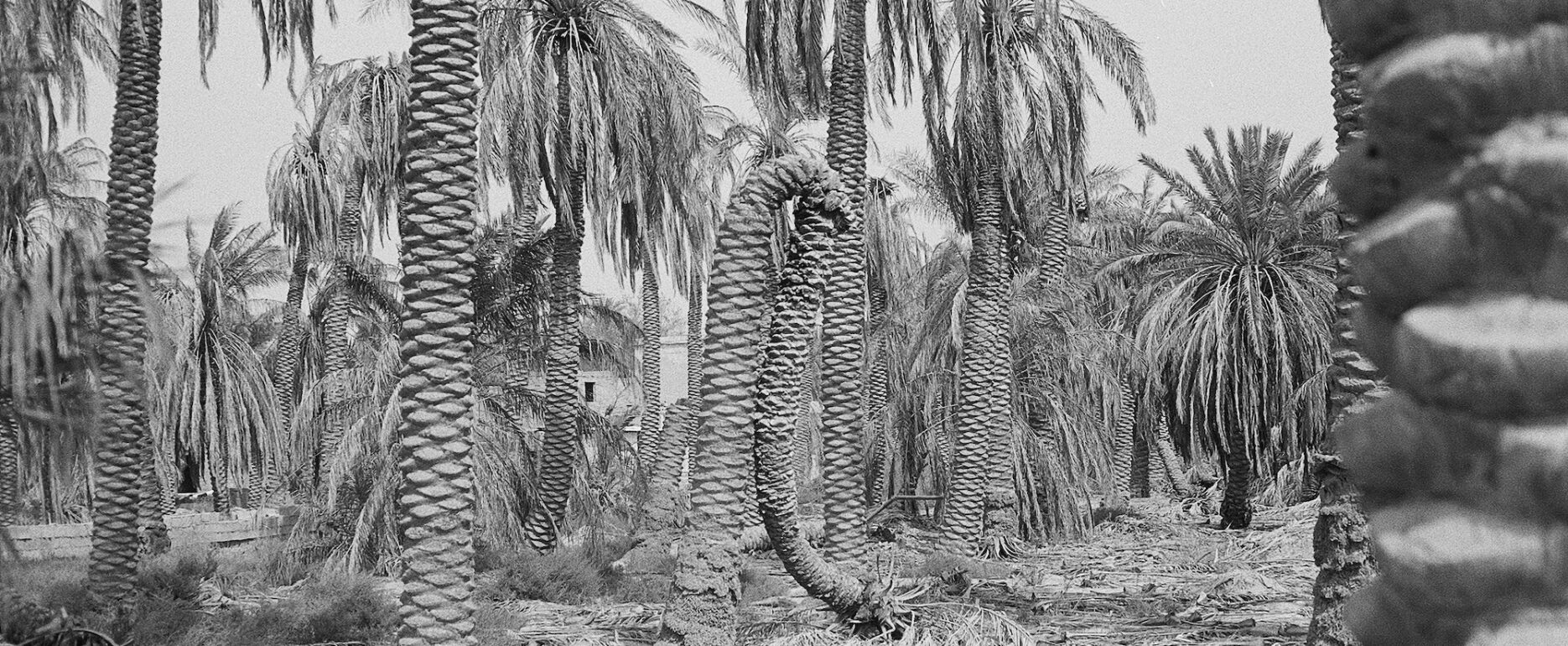

Mohammed Al Faraj will transform the entrance of the Monnaie enveloping each column in prints of palm trees echoing the landscape of his native Al Hasa.
© Mohammed Al Faraj
Mohammed Al Faraj (Saudi Arabia)
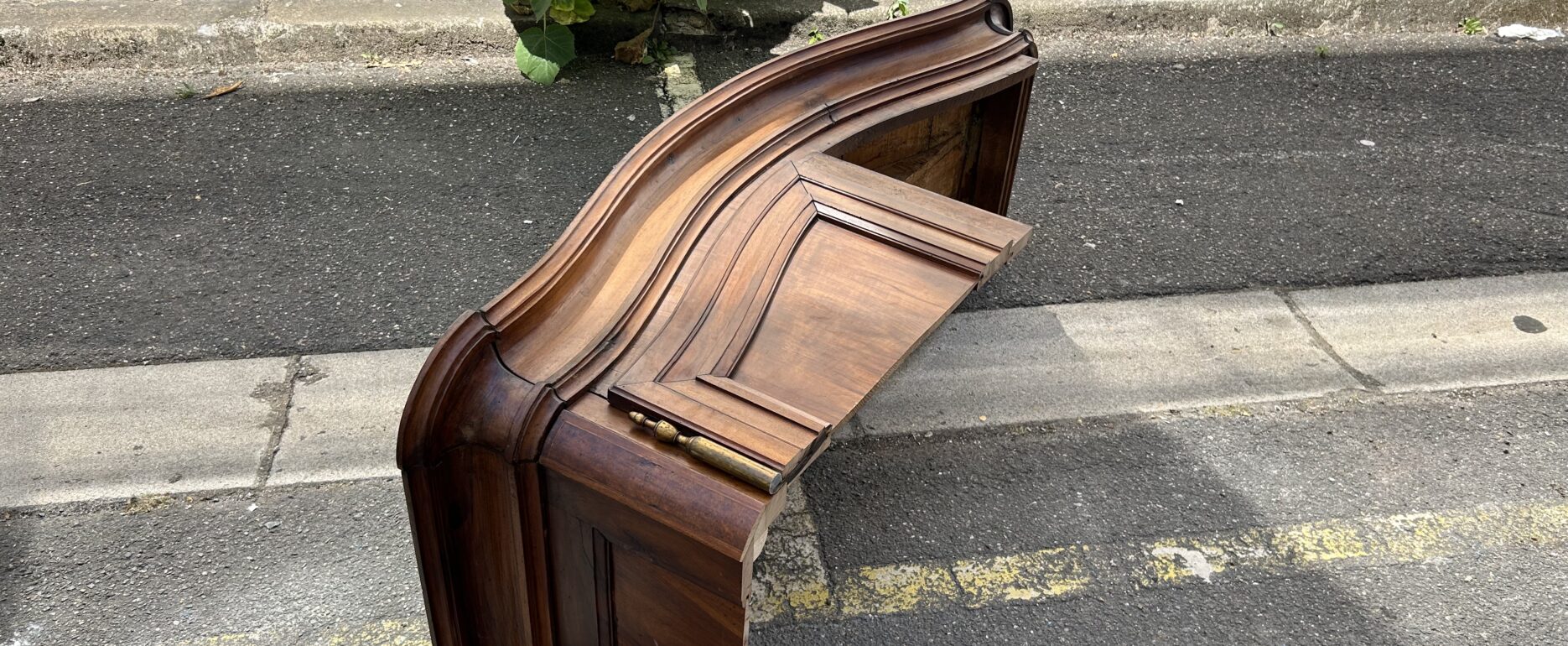

Alserkal Advisory, a multidisciplinary cultural consultancy of alternative thinkers, researchers, and specialists with extensive global knowledge and networks in the arts and culture sector, present The Cut Line by Pascal Hachem (Lebanon), a performance centered on the idea of “growing memory,” revisiting the notion of community and exploring how memory is shaped through absence, rupture, and everyday objects.
© Pascal Hachem
ALSERKAL Advisory (UAE)
Focus on South Asia
Curated by John Tain (curator of the Lahore Biennial in 2024) brings together intergenerational Pakistani voices.
Artists on view:
Hamra Abbas, Feroza Hakeem, Imran Qureshi, Fatal Rizvi, Mella Jaasrma, Fina Khatri, Udeido Collcetive
© Fazal Rizvi, How to Become a Rock – a fall, a poem, a wish, a score, a manifesto, 2024
The Lahore Biennale Foundation (Pakistan)


Colomboscope (Contemporary arts festival and creative platform for interdisciplinary dialogue within the cultural landscape of Colombo) presents a program featuring a performance by Chathuri Nissansala (Sri Lanka) and a conversation between curator Hajra Haider and artist Saadia Mirza, offering insight into the upcoming edition of the festival, Rhythm Alliances.
Their participation includes a video screening of works by Subas Tamang (Nepal), whose practice explores caste, Indigenous identity, and memory through painting and installation — previously shown at the Kathmandu Triennale, Serendipity Arts Festival, and the Museum of Contemporary Art Toronto.
© Chathuri Nissansala and Grizolda Storm, The Land is Not Mine, Mother, from the iteration Mother, where do we go from here? at the Rijksakademie Open Studios, 2025
Colomboscope (Sri Lanka)
In partnership with the Kochi-Muziris Biennale, Shwetal Patel and Nikhil Chopra (curator of its sixth edition) join a session moderated by Patel to discuss the upcoming edition, For the Time Being, and its layered reflections on temporality and place.
A video program curated by Shwetal Patel follows the Jaipur Centre for Artists’ Cinema / Artist’s Cinema, a film initiative celebrating cinema as both artistic expression and collective experience.
